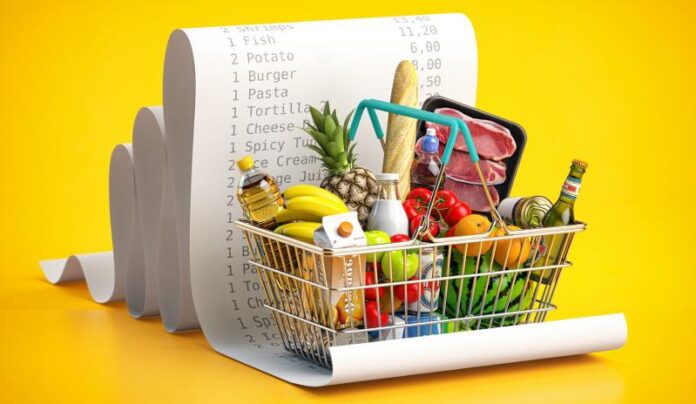According to the latest report from the Pakistan Bureau of Statistics (PBS), Pakistan’s short-term inflation decreased by 0.21% in the week ending January 31, 2025, compared to the previous week. However, the inflation rate rose by 1.02% when compared to the same period last year.
Out of 51 items monitored, 13 items saw price increases, 16 items saw price decreases, and 22 items remained stable during the week. The most notable price increases were observed in bananas (3.25%), diesel (2.67%), sugar (1.78%), garlic (0.44%), powdered salt (0.39%), petrol (0.38%), and cigarettes (0.25%). Minor increases were also recorded in long cloth, powdered milk, cooking oil, and rice basmati broken.
On the other hand, significant price reductions were seen in tomatoes (11.42%), potatoes (5.99%), onions (4.38%), chicken (3.95%), pulse gram (1.72%), LPG (1.08%), pulse mash (0.82%), rice IRRI-6/9 (0.54%), and mustard oil (0.47%).
Looking at the year-on-year trend, prices have increased by 1.02%. Notable price hikes were recorded in ladies sandals (75.09%), pulse moong (31.08%), pulse gram (30.36%), powdered milk (25.80%), potatoes (23.42%), and beef (22.35%). Meanwhile, price reductions were seen in onions (54.79%), tomatoes (42.99%), wheat flour (36.76%), and chilies powder (20.00%), among others.
Inflation impacts were also seen across different income groups. The lowest-income group experienced a weekly inflation decrease of 0.29%, while the highest-income group saw a decrease of 0.19%. On a yearly basis, inflation for the lowest-income group rose by 0.31%, while the highest-income group saw a rise of 1.39%.
The price of Sona urea increased by 0.07% week-on-week to Rs4,503 per 50 kg bag, though it marked a slight decrease of 0.23% year-on-year. Cement prices decreased by 0.42% to Rs1,367 per 50 kg bag compared to the previous week, but showed a 10.79% increase compared to last year.
The short-term inflation index, calculated through the Sensitive Price Indicator (SPI), is compiled weekly to provide a snapshot of the price movement of essential commodities. The SPI is based on data from 50 markets in 17 cities across Pakistan.




